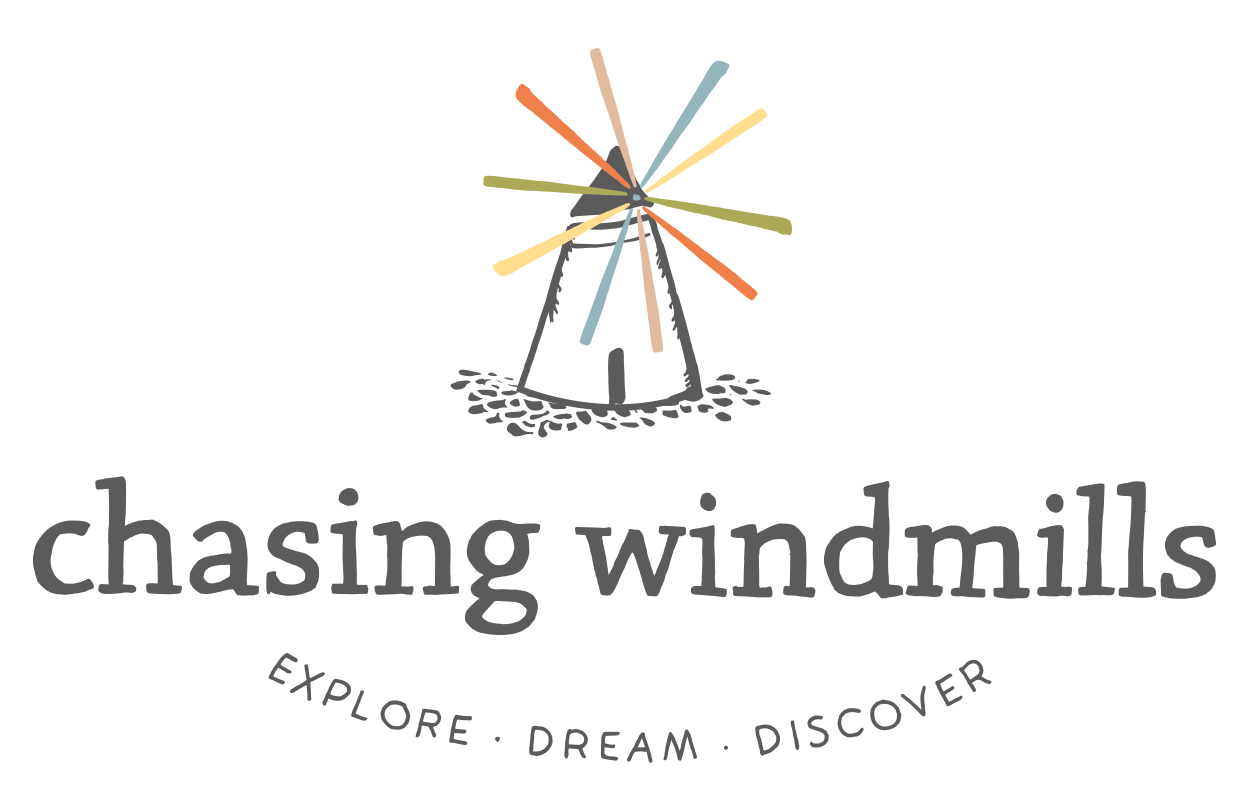When visiting another’s home, one of the first things I do is spy their book shelf. It’s like a taking a peek inside a friend’s or family member’s soul.
What do they value? What makes them tick? What dreams do they have? The contents of a book shelf can tell you so much, if you look and listen.
And so, we wanted to give you a small look at our book shelves — to show you what touches our hearts, souls, and minds. Our most cherished books include:
“The Wilderness World of John Muir: A Selection from his Collected Work,” edited by Edwin Way Teale. Our copy is flagged and underlined. Muir’s philosophical love prose to nature inspire us to share the natural world with our kids and preserve its beauty.
“The Portable Thoreau,” edited by Carl Bode. Written over 150 years ago, I’m always surprised at how Thoreau’s philosophy of living a simple and meaningful life rings as true as ever today. We can all relate to retreating into the woods, if only for a few hours on a hike, to live deliberately.
“The Last Empty Places: A Past and Present Journey Through the Blank Spots on the American Map,” by Peter Stark. In some ways, Stark is the latest in a long list of nature writers inspired by the words of Thoreau and Muir. In this book, which is equal parts environmental philosophy and exploration, Stark sets off with his family to explore the “empty places” in the US — natural and untouched wonders from Maine to New Mexico to Oregon.
“In Defense of Food: An Eater’s Manifesto,” by Michael Pollan. We love food — not just the necessity of its nourishment, but everything else that comes with it. A gathered table surrounded by friends and family. Its daily rhythms and pauses. Its pleasure and anticipation. And we thank Pollan for being a guide on much of our food journeys.
“Einstein Never Used Flashcards: How Our Children Really Learn and Why They Need to Play More and Memorize Less,” by Kathy Hisch-Pasek and Roberta Michnick Golinkoff. If you were to browse the parenting books on our shelves, you will notice a simple theme: play! In this book, the authors provide the scientific underpinnings behind the power of play and remind us to resist the urge to join the “roadrunner society” of faster, better, and more.
“Free to Learn: Why Unleashing the Instinct to Play Will Make Our Children Happier, More Self-Reliant, and Better Students for Life,” by Peter Gray. This book is probably JP’s favorite parenting book. Peppered with personal anecdotes, scientific observations, and even evolutionary biology, Gray’s book pulls at the heart strings while bringing intellectual rigor to the very simple, human, and necessary act of play!
“Simplicity Parenting: Using the Extraordinary Power of Less to Raise Calmer, Happier, and More Secure Kids,” by Kim John Payne. Payne’s message is simple: when we remove clutter and over-stimulation from our kids’ lives, they can just be kids—creative, playful, happy, and confident. (Not bad advice for us grown-ups either!)
“The More of Less: Finding the Life You Want Under Everything You Own,” by Joshua Becker. Self-described minimalist, Becker shares his story as the classic suburban family inundated by the weight of “too much.” Becker and his family discovered that, as they stripped away the excess, they found more time to pursue those activities that really mattered and enriched their lives.
“The Blue Zones of Happiness: Lessons from the World’s Happiest People,” by Dan Buettner. National Geographic’s Dan Buettner has traveled the world (from Denmark to Costa Rica to Singapore to the U.S.) to study the habits and secrets of happy long-living populations. Buettner provides an inspiring blueprint for how we can organize our lives, our neighborhoods, and our daily activities to find pleasure, purpose, and pride (the three “P’s” of happiness).
“Let My People Go Surfing: The Education of a Reluctant Businessman,” by Yvon Chouinard. Patagonia’s iconic founder recounts his story—from selling homemade products out of the back of his van while rock-climbing to building a conscious company that cares for, not just its profits, but its people and the environment too. As business owners, we strive to emulate Patagonia's compassionate and inspiring vision of what a business can and should be.
“Start Something that Matters,” by Blake Mycoskie. TOMS’ founder offers a peek into his successes and failures as an entrepreneur and, along the way, inspires the next generation of creative-minded individuals to start something that matters.
“Delivering Happiness: A Path to Profits, Passion and Purpose,” by Tony Hsieh. “Delivering Happiness” is Hsieh’s story as the founder of two highly successful companies, including Zappos. Hsieh is an honest soul who realized that chasing profits, even successfully, would never make him happy; instead, pursuing creative endeavors and genuinely connecting with others are they keys to his contentment.
“The Icarus Deception: How High Will You Fly?”, by Seth Godin. When we need a bit of inspiration and courage, we turn to Seth Godin. A serial entrepreneur himself, Godin so perfectly captures the hopes, dreams, and fears of the entrepreneurial mindset…and reminds us to fly a little higher.
“The Millennial Lawyer: How Your Firm Can Motivate and Retain Young Associates,” by JP Box. Now this is a true fan favorite in our home, so I just had to include it here :)! This is JP’s book (husband and co-founder of Chasing Windmills), published this year!
So there you have it — a peek at some of our cherished books at home! What are yours?
Oh, and a couple of books on our reading list for 2018:
* "Last Child in the Woods," by Richard Louv.
* "There's No Such Thing as Bad Weather: A Scandinavian Mom's Secret for Raising Healthy, Resilient, and Confident Kids (from Friluftsliv to Hygge)," by Linda Åkeson McGurk.
* "Norwich: One Tiny Vermont Town's Secret to Happiness and Excellence," by Karen Krouse.

